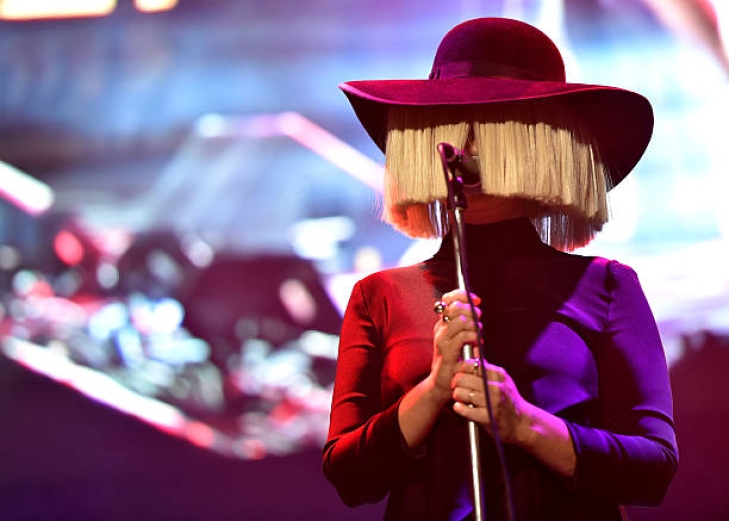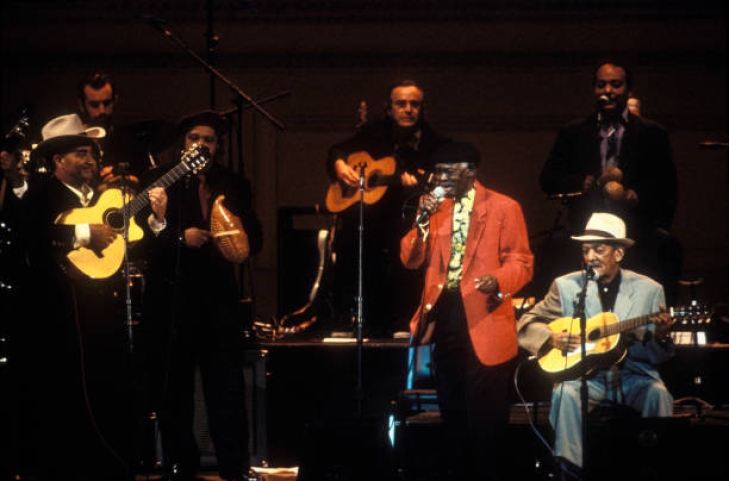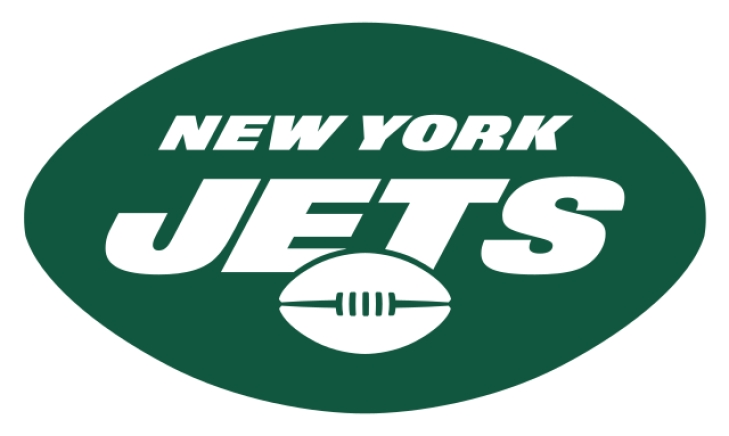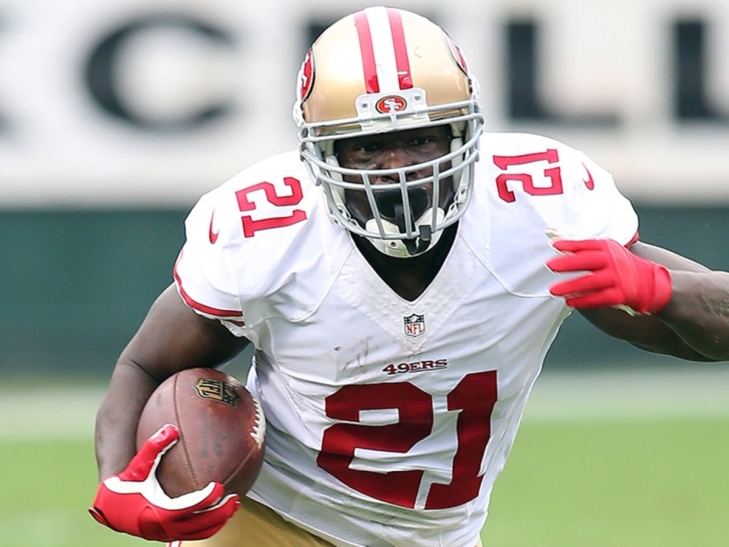
Committee Chairman
522. Sia
517. Buena Vista Social Club
The New York Jets name three former players to their Ring of Honor
Regular visitors of Notinhalloffame.com know that we are slowly working on the top 50 of every major team in the NHL, NBA, NFL and MLB. Once that is done, we intend to look at how each team honor their past players, coaches and executives. As such, it is news to us that there will be three new members inducted into the New York Jets Ring of Honor in 2022.
The team announced that Derrell Revis, Nick Mangold and D’Brickashaw Ferguson will be inducted this upcoming season.
Revis is arguably the biggest name of the three. Playing at Cornerback, Revis was taken in the First Round in 2007 (14thOverall) from Pittsburgh, and he rapidly became one of the most explosive Defensive Backs in the NFL. “Revis Island” became synonymous with elite coverage, and while he was with New York, he was chosen for four Pro Bowls and three First Team All-Pros.
Mangold played at Center for the entirety of his 11-year career, and would start all of his 164 Games for the team. The product of Ohio State went to seven Pro Bowls and was a two-time First Team All-Pro.
Ferguson played his entire 10-year pro career with New York after the Jets after they chose the Tackle with the Fourth Overall Pick in 2006. He started all of his 160 games with the Jets.
The honors will take place for Mangold (Sept 25), Ferguson (Oct 30) and Revis (Nov 27).
These are the first entrants since Kevin Mawae in 2017. They will also join Weeb Ewbank, Winston Hill, Curtis Martin, Don Maynard, Joe Namath, Larry Grantham, Freeman McNeil, Gerry Philbin, Al Toon, Wesley Walker, Joe Klecko, Mark Gastineau and Marty Lyons.
We here at Notinhalloffame.com would like to congratulate the newest members to the New York Jets Ring of Honor
Frank Gore Officially Retires
Wow.
We said this a month ago, but now it is official. Frank Gore is a retired player, as he signed a one-day contract with the San Francisco 49ers.
A Third Round Pick from Miami (FL), Gore had his best year early in his career with a sophomore effort seeing Gore post career-highs in Rushing Yards (1,695) and Yards From Scrimmage (2,180). Gore went to his first Pro Bowl that year, and was a Second Team All-Pro. Over the next eight seasons with the Niners, Gore exceeded 1,000 Rushing Yards in seven of them, and earned four more trips to the Pro Bowl.
In 2015, Gore joined the Colts, and had his last 1,000 Yard season in 2016. He would later play for Miami, Buffalo and the New York Jets.
Gore leaves the game with an even 16,000 Rushing Yards, which places him second all-time, and his 19,985 Yards From Scrimmage is fourth all-time.
As Gore did not play last season, he is eligible for the Pro Football Hall of Fame in 2026, and conceivably be a first-year inductee. The stats are there, but a delay could arise, as at no point was, he ever considered the best at his position.
We here at Notinhalloffame.com would like to wish Gore the best in his post-playing career.





